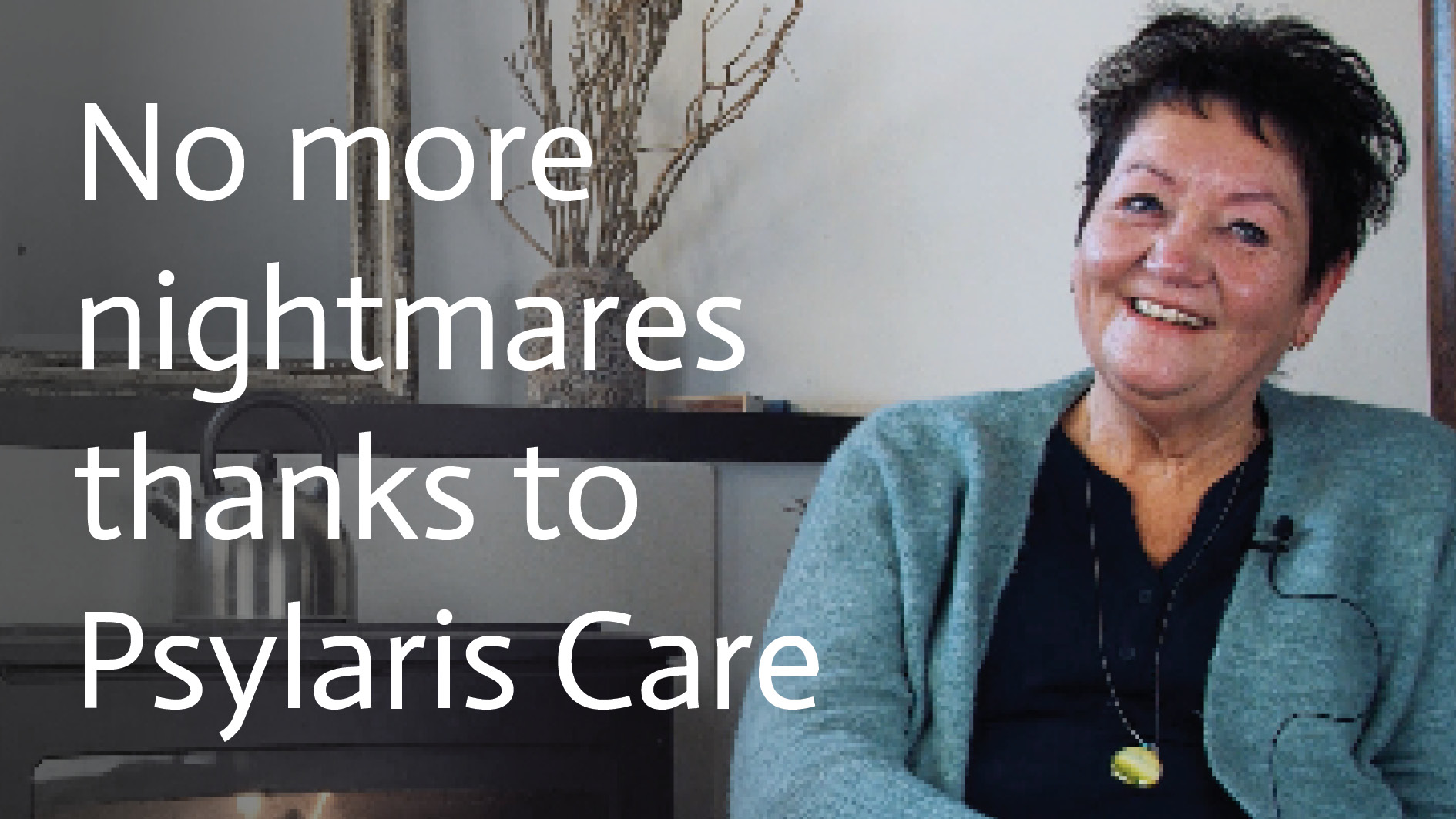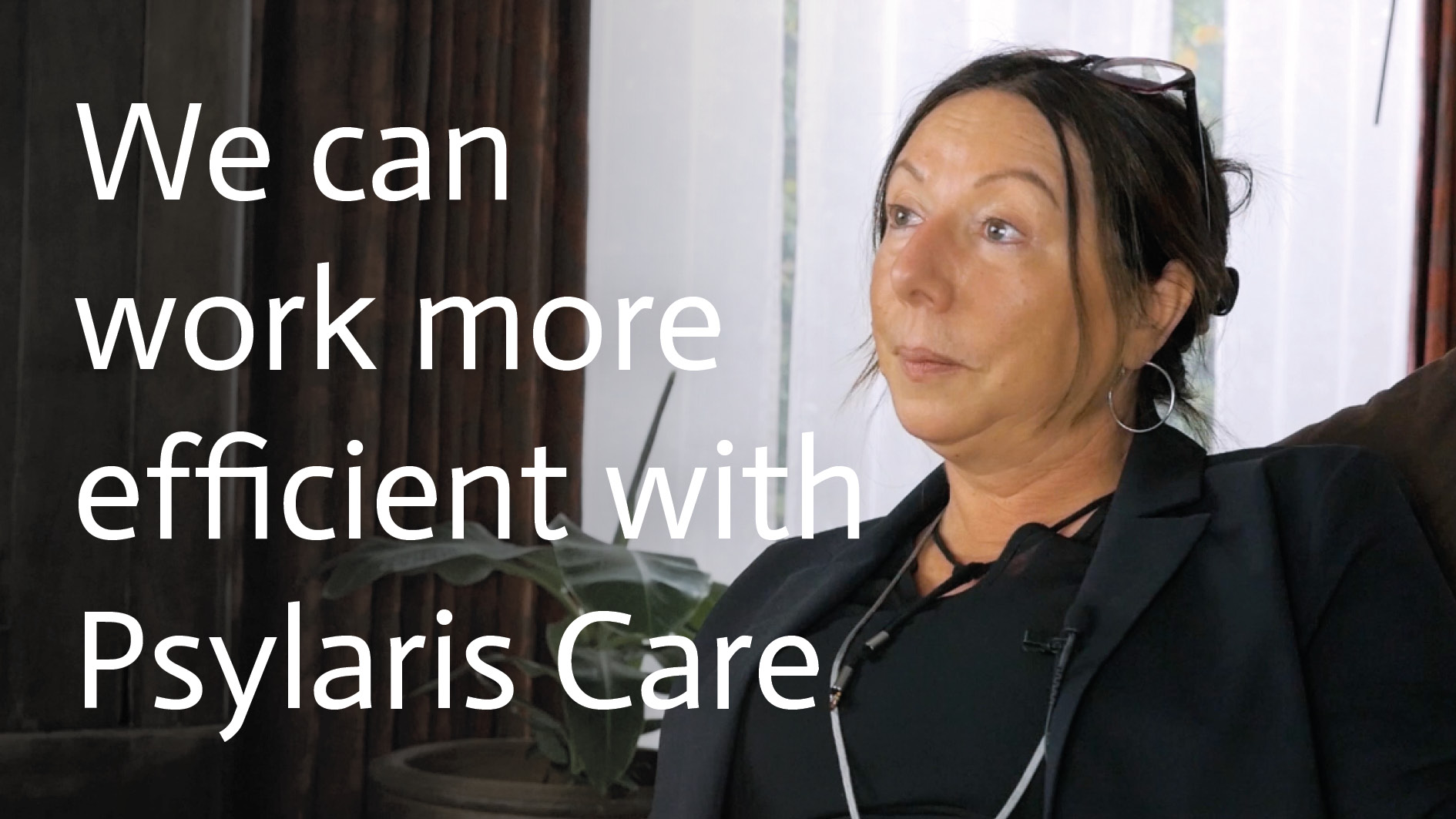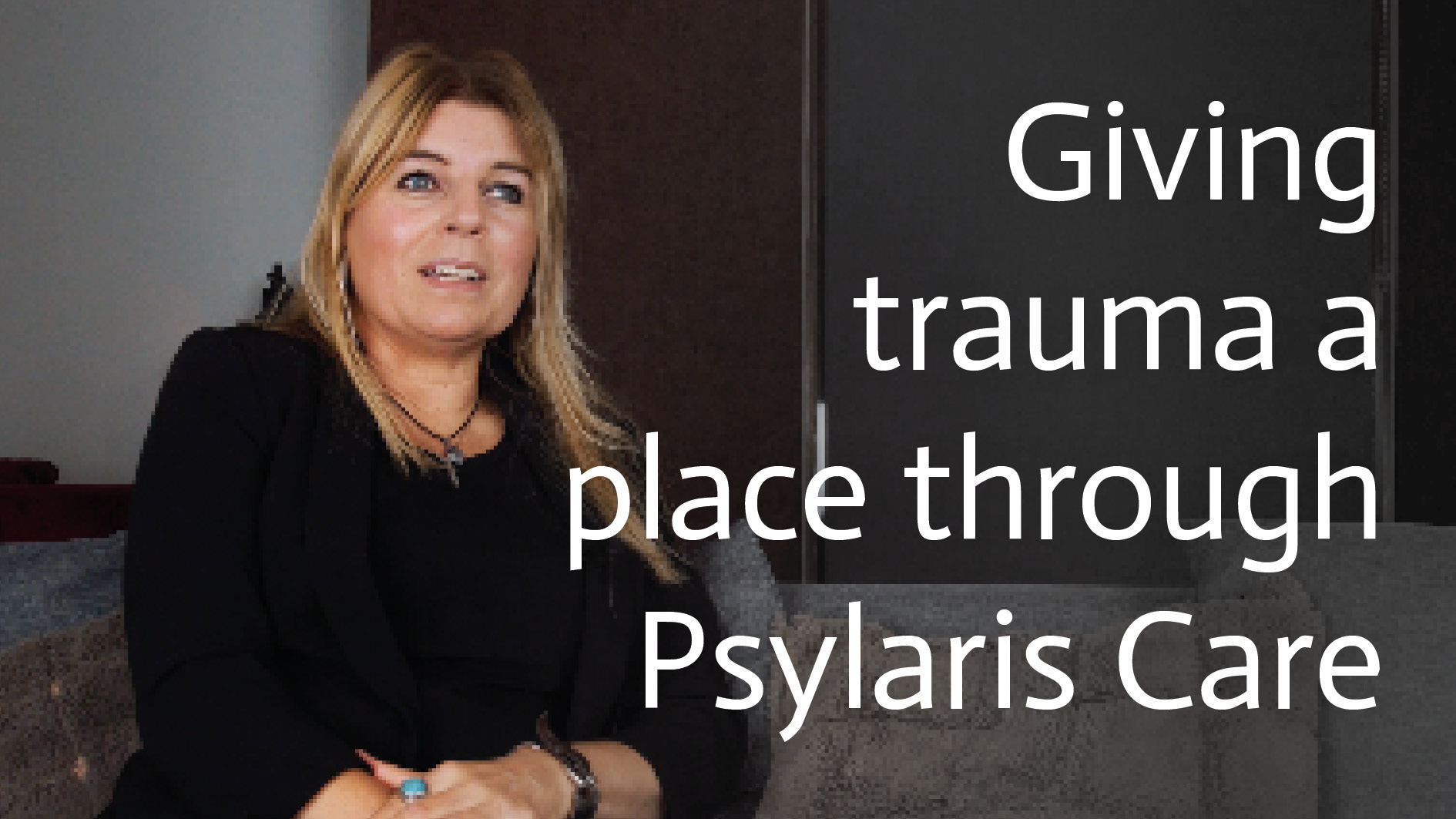Stress and tension are sometimes called diseases of affluence. More than ever, people suffer from stress, especially due to overly busy lifestyles. Stress and tension can be the cause of quite a few physical and psychological complaints. Of course, not every kind of stress is unhealthy. Think of stress before exciting moments, such as an exam or a holiday. This is actually healthy stress, because it increases your alertness and after the moment, the tension is gone. Unhealthy stress is when tension is constantly present and your body is constantly under pressure.
What are possible causes of stress?
Stress and tension can have numerous causes. A common source of tension is unprocessed trauma. As the trauma is experienced over and over again in the mind, tension arises. Personal problems are relatively often a cause of stress and tension. Think of a divorce, the death of a loved one, financial problems or worries about certain family members. In addition, the work situation is also often a major cause of stress. Things are not going so well at work, you no longer enjoy going to work or you can no longer cope with the amount of work. Past problems such as a bad childhood or drug and alcohol problems are also major stress triggers. You can also be the cause of stress yourself. For example, if you are very precise and want to keep everything under control, you cannot say no or you want people to always like you, this causes a lot of stress.
What complaints arise from stress?
Stress can cause a variety of both physical and mental symptoms. Tension makes it difficult to sleep and to concentrate during the day. Physical complaints such as headaches, shoulder, neck and back pain, upset stomach or bad breathing are common. Tension can even be the cause of heart problems. Of course, tension has a major impact on your mental health. You often react surly towards others and get angry faster. Partly because you sleep badly, you feel very tired and drained. Depression is also common when you are under great stress. Of course, brooding is not unknown to many people who are stressed.
What can you do about stress symptoms yourself?
There are several ways to ward off stress symptoms or reduce stress and tension. The most important thing you can do is to address the source of the stress symptoms. If you manage to get rid of the source, you will be rid of your stress symptoms. Unfortunately, this is not an option for everyone because you do not always have much control over the source. In any case, make sure you are working on relaxing in some way. This can be different for everyone. Some relax by taking a walk in nature, others get their relaxation from pursuing a hobby. When you are relaxed, you can also think better and come up with a better solution to structurally experience less stress. It is common knowledge, that exercise, i.e. walking, cycling or sports, always provides relaxation.
Techniques to relax physically
Do you struggle to relax? There are some techniques that can help you relax more easily. The simplest technique to relax, and also necessary for almost all types of techniques to relax, is deep breathing. Deep breathing is done from the abdomen. This way you get much more oxygen in and the more relaxed you become. To do this, sit quietly and straight and concentrate on breathing. At the same time, you can also do progressive muscle relaxation with, for example, your foot or shoulders, first putting tension on the muscles and then releasing everything. As soon as you release the tension, you will also feel more relaxed mentally.
Meditating to relax
Taking a moment for yourself to meditate helps a lot to relax. For example, try body scan meditation. This involves lying flat on your back and focusing on each part of your body, tensing and relaxing that part. You do this for the whole of your body, after which you become completely relaxed. For reducing anxiety, negative emotions and stress, mindfulness is often practised. This involves sitting with a straight back and maintaining a focus point. Breathing is often held as the focus point. Concentrate on this and let all thoughts come and go. By just focusing and letting everything wash over you, you clear your mind and you will be able to continue fresh.








